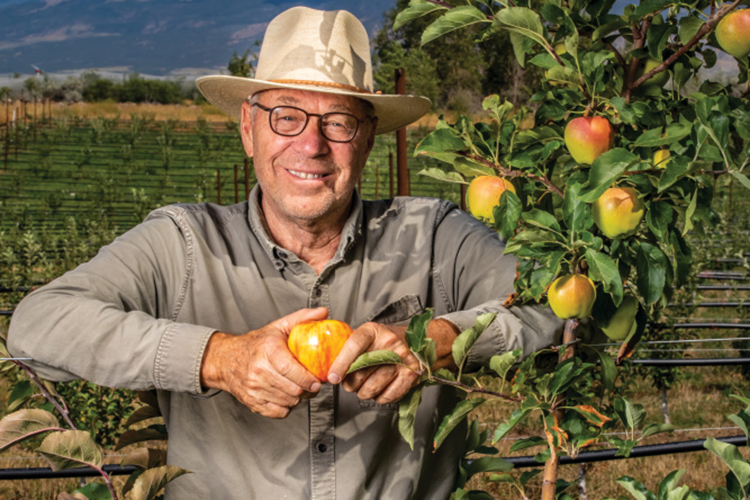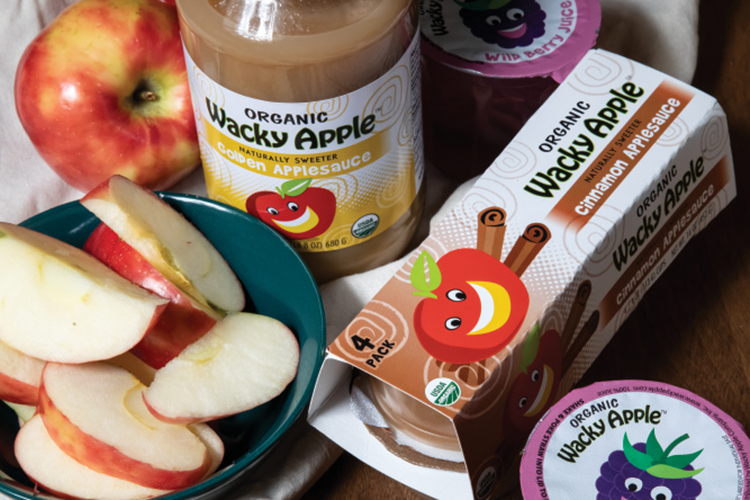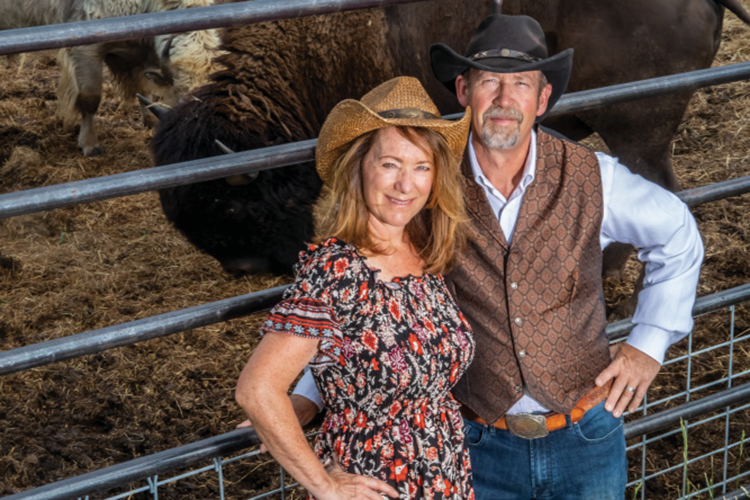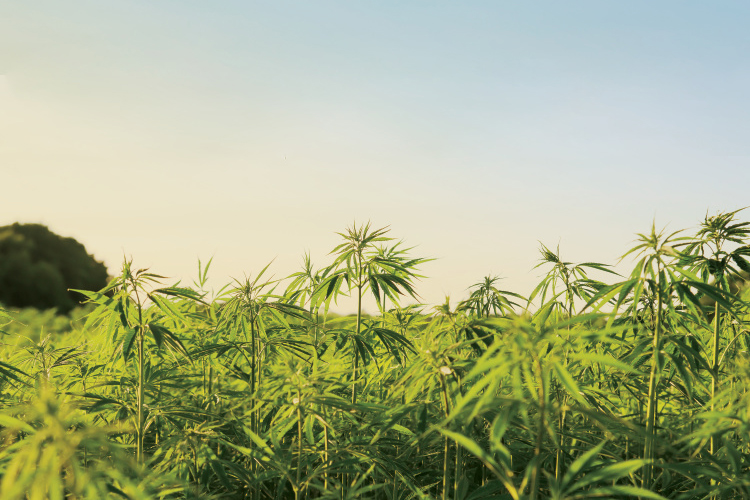Home > Colorado > Colorado Farm to Table > Colorado Farmers Explore High-Value Markets
Colorado Farmers Explore High-Value Markets
In partnership with: Colorado Department of Agriculture

When Edward Tuft started growing organic apple varieties in Hotchkiss in the 1970s, he struggled to sell the fruit. The market for organic produce was almost nonexistent back then, and Tuft worried the Red and Golden Delicious apples growing on his 40-acre orchard would rot.
“Since we couldn’t sell them, we built a juice press and pressed them into juice,” he says.
Tuft created the Wacky Apple brand to market the juice, and his decision to pursue a value-added product proved fruitful. Four decades after Tuft built his first juice press, he is still growing organic apples, making products like apple juice and applesauce, and filling orders for customers that include Whole Foods, King Soopers and several Colorado school districts.

Many Colorado farmers grow a range of agricultural commodities. Focusing on high-value crops and seeking out creative marketing opportunities helps farmers to diversify their operations and create new revenue streams.
“It’s hard for farmers to make it on produce alone,” he says. “The margins in farming are so thin; we had to find another market for our products that would allow us to be more profitable.”
Selling organic apples proved challenging at first, but as the appetite for pesticide-free produce gained momentum, Tuft was prepared to meet the demand. In 2000, he expanded to a 220-acre orchard planted with apple varieties like Gala, Fuji and Honeycrisp.
“Even 10 years ago, organic apples were scarce, but the demand got big fast, and we had to source apples from Mexico and Serbia to fill orders for applesauce,” Tuft recalls. “We made a significant investment to expand our orchard and processing plant so we could keep up with demand.”
Finding a Niche
At Bella Vista Bison Ranch, Neil Fischer focused on a niche protein and created a unique model to distribute the grass-fed meat. Selling at farmers’ markets in Colorado Springs required a lot of work, and only reached a limited number of customers. So, in 2013, Fischer founded a food cooperative, Farm2Table Meats, to distribute grass-fed bison alongside meats from other Colorado farms and ranches.

“We wanted the co-op to be about more than buying meat,” Fischer says. “We wanted our customers to buy into the local food movement.”
Although bison are not as popular as cattle, bison ranching is a growing trend in Colorado. To stand out from the competition – and help consumers understand the important cultural and ecological benefits of raising the ancient animals – Bella Vista Bison Ranch created an interactive agritourism experience. The Bison Adventure includes a performance by Lakota Sioux Indians, interactions with the herd, a hayride and a barbecue meal featuring bison meats.
“Bison went from near extinction to making a comeback and we wanted to share their amazing conservation story,” Fischer explains. “The dinner show is education and entertainment and demonstrates that we need to be better stewards of the resources
we have or we could lose them.”
See more: Bison Meat Benefits: Local, Healthy
Standing Out
The farmers growing hemp across Colorado are also eager to share their stories, in part to help stand out from the competition. The passage of the 2018 federal Farm Bill legalized industrial hemp and has led to a significant boom in registered hemp crops statewide. Currently, hemp is being grown on more than 86,000 acres in Colorado.

Zane Kunau of Freida Farms grows 2 acres of hemp in Fort Collins. He spends months propagating, transplanting and tending to plants, ensuring premium CBD levels before harvesting in the fall. While there is a lot of competition among farmers growing the high-value crop, Kunau believes that many of the CBD companies that purchase hemp from Freida Farms value the local source.
“Before hemp was legal here, it came from China or Canada,” Kunau explains. “Thanks to the Farm Bill, the demand for hemp keeps going up and a lot of companies pride themselves on locally sourced hemp. That’s what we are – boutique hemp grown on a family farm.”
The diversity of high-value crops grown on family farms across Colorado is a win for both consumers and producers, by creating opportunities for farmers to find their own unique niches within agriculture.
See more: The Unlikely Farming Company Aiding Colorado’s Hemp Producers



